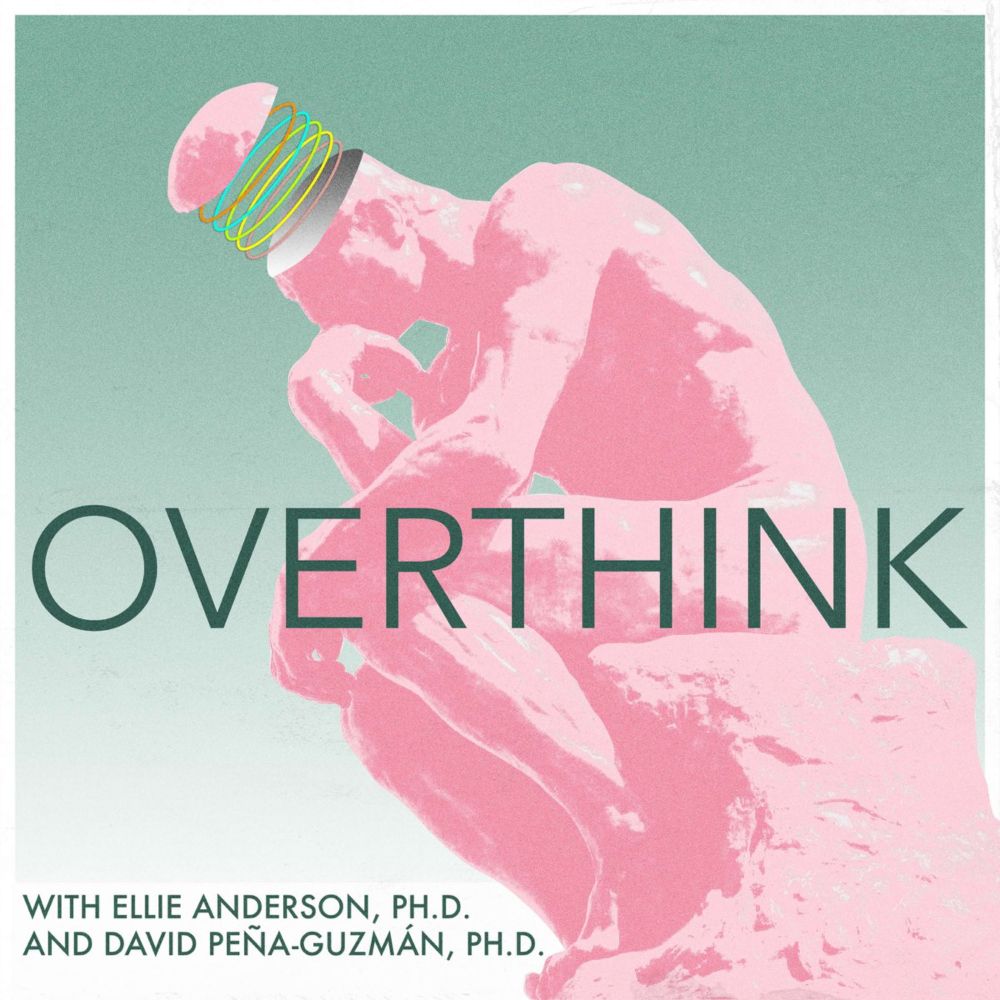existwell
@existwell.bsky.social
1.1K followers
280 following
100 posts
Science of psychedelics & other altered states of consciousness
Center for Psychedelic and Consciousness Research
@jhpsychedelics.bsky.social
Johns Hopkins University School of Medicine
Oxford Uehiro Institute
Yaden Lab
www.YadenLab.com
Posts
Media
Videos
Starter Packs
Reposted by existwell
Reposted by existwell
Reposted by existwell
Reposted by existwell
Reposted by existwell
Reposted by existwell
Reposted by existwell









